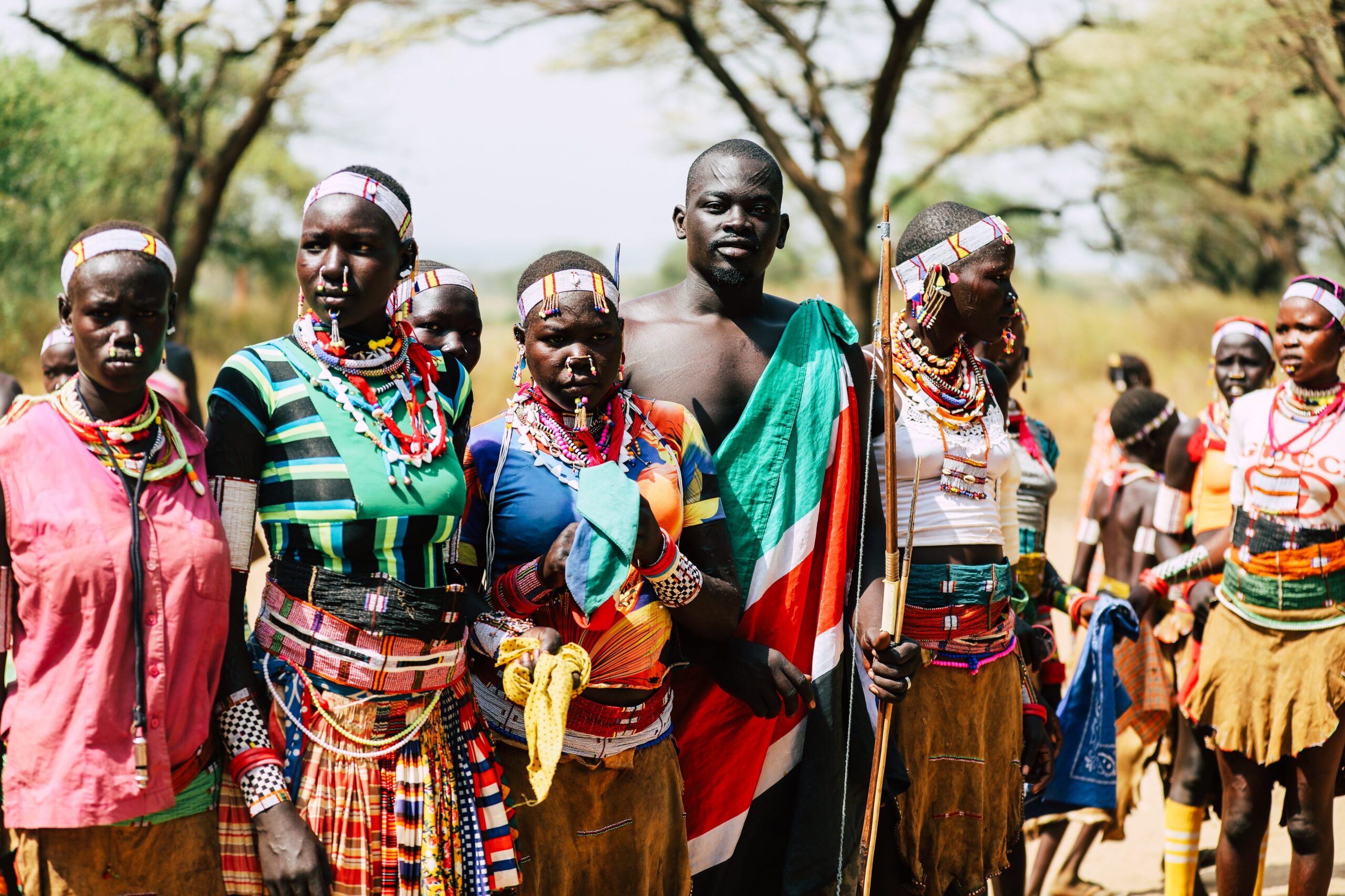- Home
- About South Sudan
General Information about South Sudan
General country information
Is South Sudan safe to visit? What time is it in South Sudan? Do I need a visa for South Sudan? When planning a holiday to South Sudan, many important travel questions crop up. Below we’ve tried to answer them as best as we can for our travelers.
Know before you go
As you plan your trip, and before you travel, we recommend that you check the latest Foreign Office advice on the places that you’re going to – regardless of where you are travelling to, or how you are travelling. See FCO’s South Sudan advice here https://www.gov.uk/foreign-travel-advice/south-sudan/entry-requirements, or its info on other countries here.
We urge you to do this, as we recommend that all our travelers keep themselves up to date with the current foreign office advice on their destination countries.
South Sudan’s history
South Sudan gained independence from Sudan on 9 July 2011 as the outcome of a 2005 agreement that ended Africa’s longest-running civil war.
Made up of the 10 southernmost states of Sudan, South Sudan is one of the most diverse countries in Africa. It is home to over 64 different major ethnic groups.
Independence did not bring conflict in South Sudan to an end, Civil war broke out in 2013.
A power-sharing agreement was signed between the warring parties in August 2018 in a bid to bring the five-year civil war to an end.
In 2013, South Sudan’s civil war dominated the world’s headlines. This became known as ‘South Sudan’s Second Civil War; hundreds of thousands of people were killed. It is still what most people will think about when they hear the word ‘South Sudan’.
Now, over 11 years later, the country is once again peaceful. South Sudan’s democratic government promotes harmony, and the South Sudanese are enjoying a good life again. Many are eager to tell of their past, to let the world know what happened – and to protect their country against it ever happening again.
- Capital: Juba
- Area: 644,329 sq. km
- Population: 14.5 million
- Languages: English, also Dinka, Nuer, Murle, Luo, Ma’di, Otuho, Zande, Shilluk and Karo

Discover South Sudan
Weather in South Sudan
South Sudan experiences a tropical climate. Temperature averages are normally above 25°C, with highs exceeding 35°C, particularly during the dry season (January to April). Juba, the capital city, has an average annual high temperature of 34.5°C and an average annual low of 21.6°C. The rainy season differs by location, but it generally occurs between April and November. The lowland areas of Eastern Equatorial, Jonglei, the Upper Nile and Bahr el Ghazal receive annual rainfall between 700 mm and 1,300 mm. The southeastern tip of Eastern Equatorial receives about 200 mm. The heaviest rainfall occurs in the southern upland areas and lessens towards the north. Western Equatorial and highland parts of Eastern Equatorial receive between 1,200 and 2,200 mm of rainfall annually. Precipitation in South Sudan is impacted by the movement of the Inter-Tropical Convergence Zone (ITCZ).
Time in South Sudan
There is no time difference between winter and summer months in South Sudan; it’s always two hours ahead of Greenwich Mean Time (GMT+2).
Currency in South Sudan
South Sudan’s currency is the South Sudanese Pounds (SSP). Currently (sept ), £1 = SSP 444.8, and $1 = SSP 400.2(this keeps changing daily due to inflation) you can check the latest exchange rates with www.oanda.com.
South Sudan’s International Dialing Code
South Sudan’s International Dialing Code is +211. Calling from South Sudan, you need to dial 0044 for the UK, or 001 for the United States, followed by an area code and local number. Calls can be made with MTN, Digitel and Zain, South Sudan’s largest companies for telecommunications.
Food in South Sudan
The food in South Sudan varies from mediocre to very good. Fresh fruit and the Sudanese inspired cuisine are usually good; otherwise, whilst hygiene standards are generally high, results can be variable.
The diet for most local South Sudanese people consists mainly of sweet potatoes, peas, corn, beans, sorghum, millet, simsim, peanut butter, meat, fish and fresh fruit, including avocados, mangos and papayas
are some of South Sudan’s traditional dishes. Drinks include local beer and siko, (a locally brewed beer made from dates/balah)
Travelling in South Sudan
With your own 4WD vehicle and driver, travelling in South Sudan is fairly easy. Although major arterial routes are tarred, some roads in the more rural areas are not and can be in poor condition. We always prefer land cruisers.
Health in South Sudan
There are medical facilities of Western standards in Juba; elsewhere facilities are rudimentary. It is generally wise to you are be up-to-date on vaccinations for typhoid, tetanus, polio and diphtheria. Many travelers also have the Havrix vaccine to guard against infection by hepatitis A and a yellow fever certificate is usually required for entry into South Sudan if you are passing through a yellow fever endemic country. Malaria is widespread throughout lowland South Sudan, so malaria precautions are generally essential.
That said, it’s vital that you always check the latest recommendations with your own doctor or travel clinic before you travel. (The Scottish NHS site can also be a useful travel resource for medical information about South Sudan.)
AIDS is common in South Sudan; HIV infection rates are high. Generally, this isn’t an issue for visitors, though they should be aware of the current situation, and take the same wise precautions to avoid infection as in most other countries. We understand that blood supplies used by the private hospitals here have been carefully screened for years.
Visas for South Sudan
We understand that travelers of all nationalities need to purchase a visa when travelling to South Sudan; currently (September 2024), this costs US $100-$160 depending on the country you from and the relationship with South Sudan and can be obtained online application with the help of a compulsory invitation letter from Suddsafaris.
You will need to obtain an e-visa a week before your take travel to South Sudan. However, always check with your local South Sudanese Embassy for the latest regulations your country or inquire from Suddsafaris.
English is the National Language in South Sudan and Arabic is the largely spoken language (including the Juba and Sudanese variants) is also spoken, alongside over 64 indigenous languages, including Dinka, Nuer, Karo, Zande and Shilluk. English is widespread and is also spoken by many people who are in contact with visitors.

